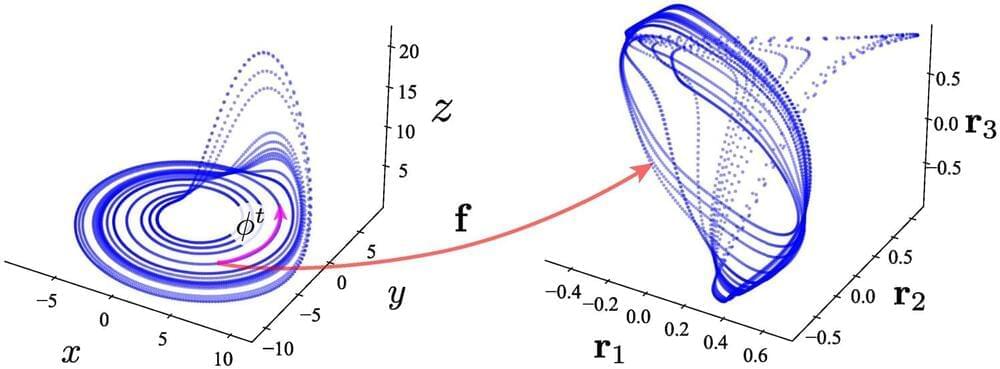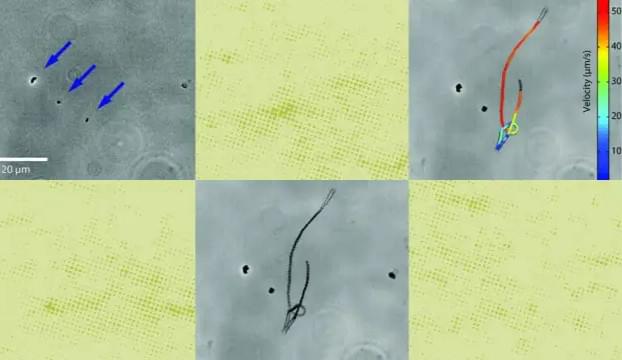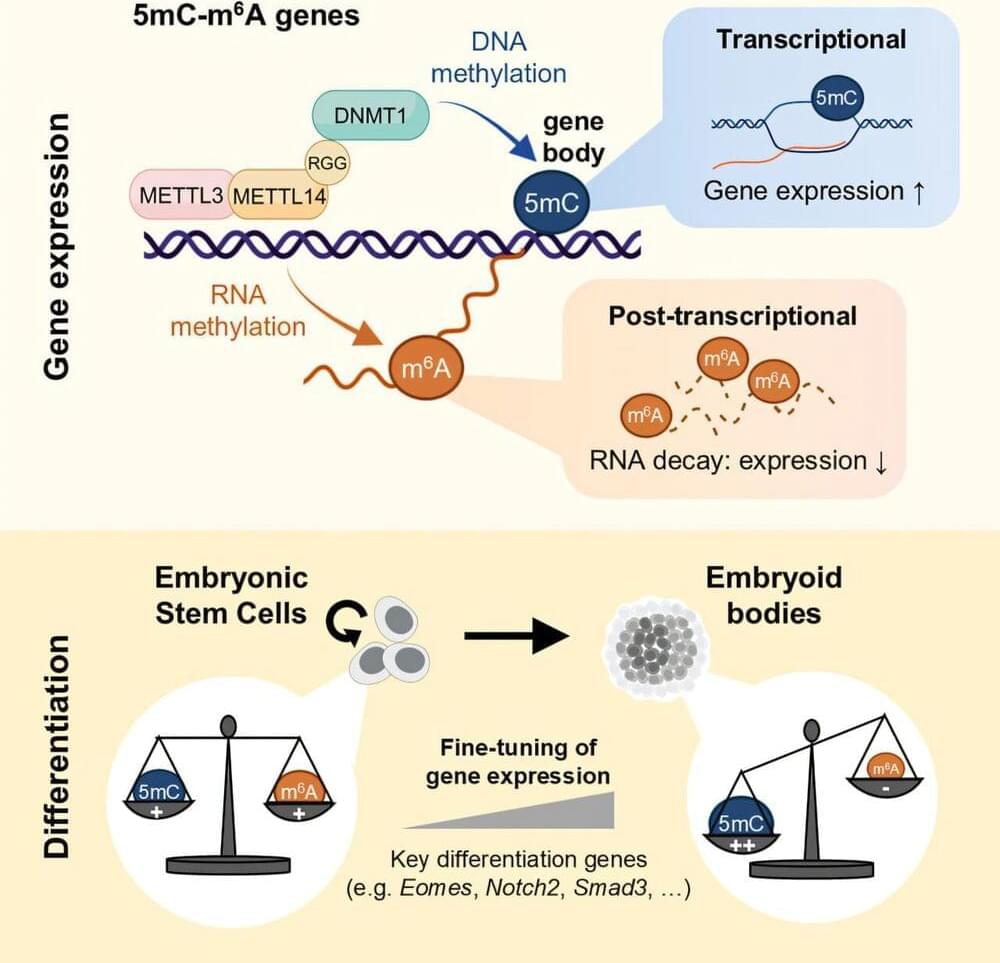Dan dennett on patterns and ontology.
I want to look at what Dennett has to say about patterns because 1) I introduced the term in my previous discussion, In Search of Dennett’s Free-Floating Rationales [1], and 2) it is interesting for what it says about his philosophy generally.
You’ll recall that, in that earlier discussion, I pointed out talk of “free-floating rationales” (FFRs) was authorized by the presence of a certain state of affairs, a certain pattern of relationships among, in Dennett’s particular example, an adult bird, (vulnerable) chicks, and a predator. Does postulating talk of FFRs add anything to the pattern? Does it make anything more predictable? No. Those FFRs are entirely redundant upon the pattern that authorizes them. By Occam’s Razor, they’re unnecessary.
With that, let’s take a quick look at Dennett’s treatment of the role of patterns in his philosophy. First I quote some passages from Dennett, with a bit of commentary, and then I make a few remarks on my somewhat different treatment of patterns. In a third post I’ll be talking about the computational capacities of the mind/brain.






